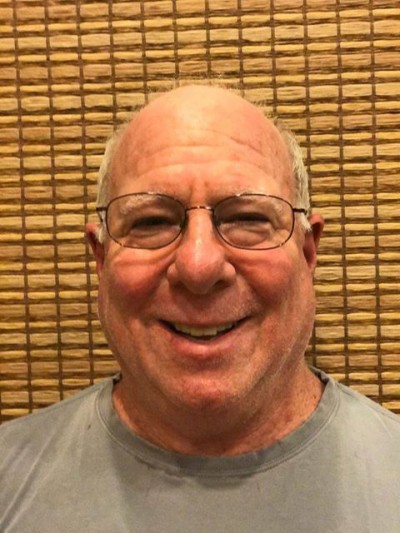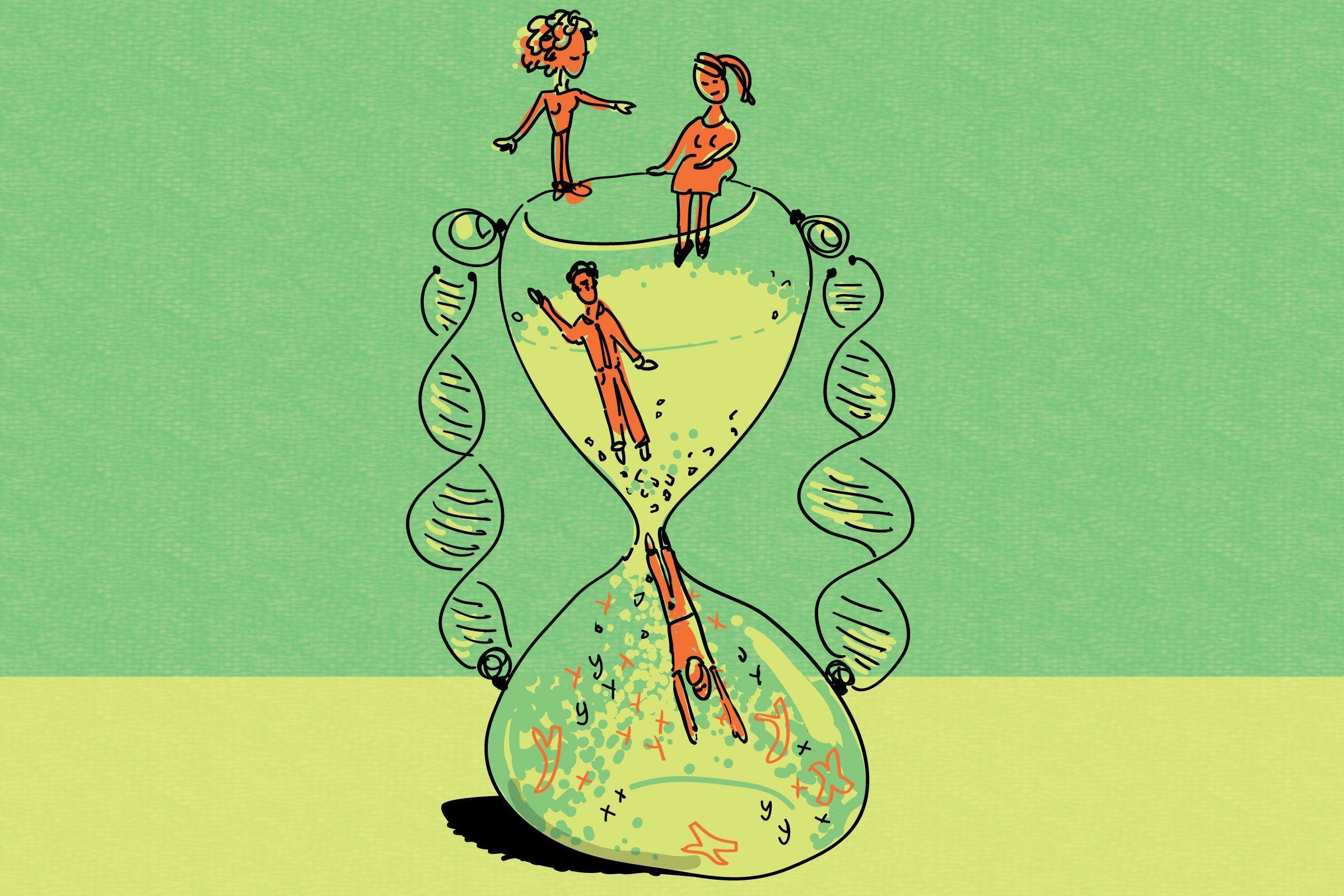I think I am three ages; my chronological age, the age that I feel, and the age that I look.
Of these, chronology is the objective one. It’s just math, right? But what does the number of the Earth’s revolutions around the sun since I was born have to do with anything? The age that I feel and the age that I look are both subjective. Indeed, for the most part, my looks depend upon what somebody else thinks.
We all age differently—there is no template. There’s probably no more heterogeneous group than older people. Yes, changes are inevitable as we age, but not necessarily at the same time, or in a similar order or even of the same type for everybody. When somebody quips, “You look great for 75!” I respond, “This is what 75 looks like!”
I recently saw a guy whom I’d worked with for quite a few years, whom I hadn’t seen since pre-COVID days. I stared at him momentarily. To me, he looked like he was his own father—frail, more sagging, more wrinkles. It made me wonder, how do I look? And underneath that is the ageist, “I hope I don’t look like that.”
The other day, as I was driving, I had to slow down for a woman shuffling across the street, walking with a cane. As I drove past her slowly, I recognized that we’d been in a neighborhood walking group together about 15 years ago. She had changed significantly. Back when we walked together, she told great jokes, always making me laugh. It made me wonder if she’d still bring a smile to my face. But really, what does her mobility have to do with her sense of humor?
There’s a guy in one of my social networks who seems to be having some difficulties staying focused. When he runs a meeting or joins a get-together, he’s not very well organized. He just doesn’t seem as sharp as he used to be. It made me wonder if he knows he’s changed, and if he ever talks about it with anybody.
How should we treat our family or friends or acquaintances who don’t seem as sharp as they used to be? Most of us learn at an early chronological age to dismiss them as just getting old, an example of unconscious bias. But which age are we dismissing them for—the way they complain about how they are feeling, or the way they show their age, or their mathematical “revolutions-around-the-sun” age?
Perhaps we can learn to treat them with empathy and kindness no matter what their age, rather than to just make them invisible. After all, we’re all in this together.
These are not things we usually talk about. There seems to be a social taboo regarding honest talk about the inevitable changes we all go through as we age—both the difficulties and the opportunities.
Difficulties like compromised balance, weaker muscles or just not being as sharp as we used to be. Opportunities like the brain’s ability to adapt and reorganize itself or get closer to being the person we’d like to be.
No matter which of my three ages other people choose as my calling card, I will have the opportunity to be who I am and to be present with them.

Marc Blesoff was a criminal defense attorney for 35 years, then he began facilitating Conscious Aging workshops, which has helped him melt the armor he’d built up as a defense lawyer. He’s a founding member of Courageus (formerly A Tribe Called Aging), a group of activists and thinkers trying to re-frame our culture’s outlook, policies and fears about aging and dying. Currently, he is the chairperson of the Oak Park, IL Aging-In-Place Commission.



